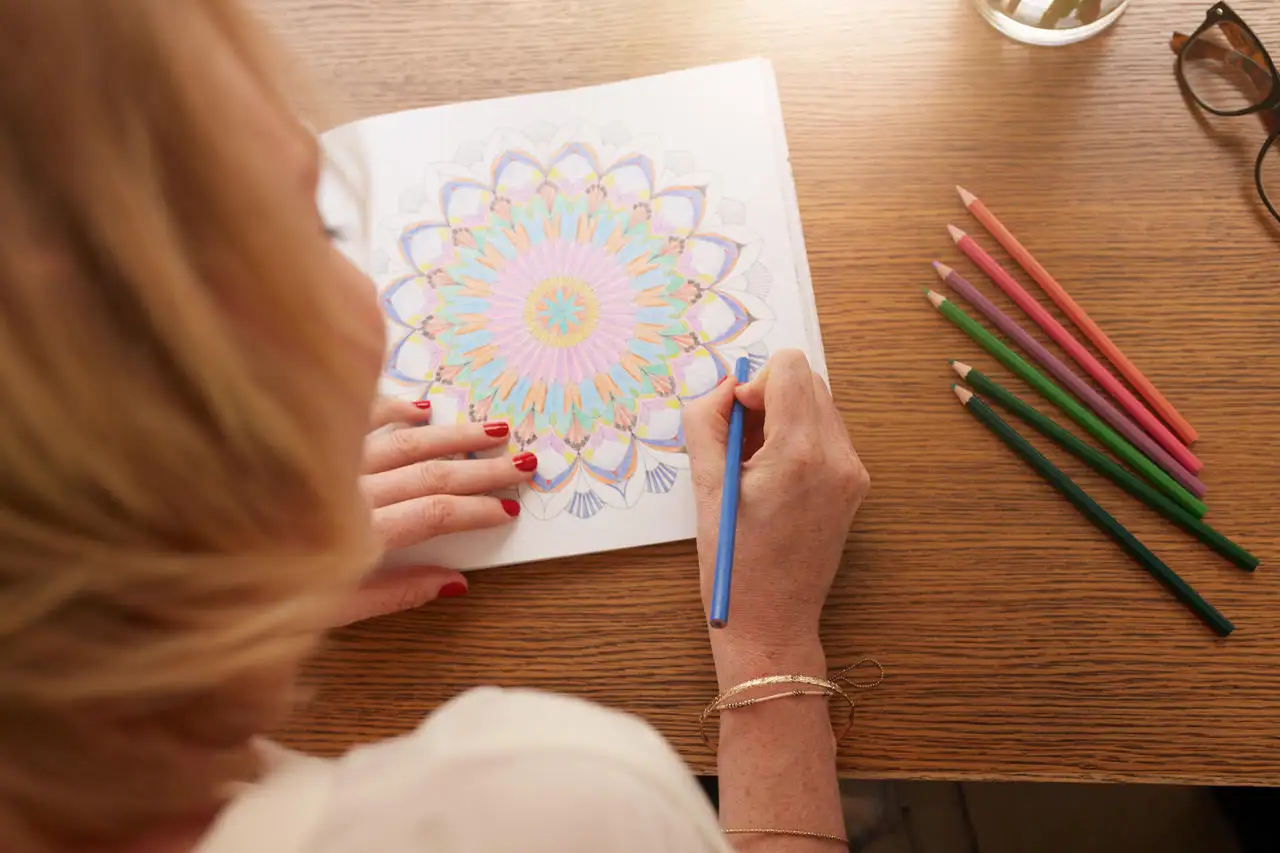As adults, we are taught to pursue a trade or career and work hard until we retire or die. We end up spending most of our waking hours doing just that.
Play? We think “that’s for kids!” and “I don’t have time.” We view play as a guilty pleasure: unproductive, impractical, and an impediment to reaching our goals, earning money, or providing food and other necessities.
What most of us don’t realize, is play is as essential as food, water, sleep, and sex. It’s a biological drive that plays a crucial role in our wellbeing. So why do we neglect play when we grow up?
If we feel in danger, we will lose our drive for play. In animals, it means the threat of a predator or dangerous weather. For us humans, that threat is usually the stress and worry we create living in survival mode (without play!). The irony is that play is a way for us to drop the stress and worry and get out of survival mode. Play can help us thrive, bringing more balance into our lives.
Once safe, rested, and satiated, it’s natural for mammals to play. Animals with the highest survival rate spend time playing, eating, sleeping, and mating.
“Plan the Play, then play the plan, you can do it, everyone can!…What are we gonna play today?” ~ The Muppets of Sesame Street
Where do we start? First, we protect our time for play the same way we protect time to eat and sleep. It’s not something you do when you have finished everything else because we know that time will never come!
Be intentional, make room for play on your schedule, and protect that time just like you would a meeting or doctor appointment. We can all add play to our calendars and support a world that values play as much as it does productivity. Do it now, add that block of time to your schedule!
But what about work? What about my family and all my other responsibilities? We are conditioned to believe we will jeopardize our work if we make time for play. The good news? Play can be adapted to any environment. Even work. Especially work!
According to an article in the Association for Psychological Science:
“Research has found evidence that play at work is linked with less fatigue, boredom, stress, and burnout in individual workers. Play is also positively associated with job satisfaction, a sense of competence, and creativity. Studies show that when a participant receives a task that is presented playfully, they are more involved and spend more time on the task.”
CEOs listen up! Play fosters trust, creative meeting climates, bonding, social interaction, and a sense of solidarity in work environments. It also decreases boundaries between hierarchical roles. Play cultivates a friendly atmosphere, a high commitment culture, the capability of relating to an unknown future, and flexible organizational decision-making. Encourage your employees to play and then join them!
We don’t need to play all day to fulfill our needs. In reality, even a little play in our routine can make us more productive and joyful. Long work hours make us more productive but don’t increase output or inspire our best results. By equally prioritizing play, you’ll be able to do your job and your life’s work better.
As adults, we don’t need to shuck our responsibilities for play, but we want to reach for that feeling we had as kids when we were completely immersed in play. (see the blog post “Grown-up can play!” for some play ideas).
We are not very good at identifying how badly we are doing without play, so we underestimate the lack of play’s impact on our lives. Play is natural, despite it not feeling so. We must find our way back to it. You may need to try something that feels unnatural because it is not yet habitual.
Start small, so you don’t feel overwhelmed trying to “fit it in,” and block time on your daily calendar for play. Be clear that you will protect this playtime and make it non-negotiable.
Play is a skill that needs honing, like singing or running. Everyone knows how to do it, but you can be much better at it with practice. Play helps you recover from the stress of the day and gives your subconscious mind space to keep working.
Play can be improvisational, so we are open to chance and change. Play provides a space for new insight. When we try new behaviors and act outside of our “normal,” we stumble onto new strategies for life, from new movements and behaviors to new thoughts and ways of being.




